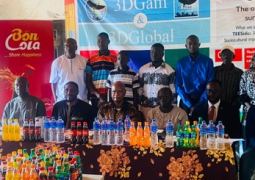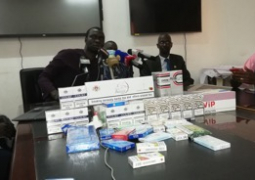
The day aims to reflect and raise awareness on the importance of water and its role in the ecosystem.
This year, the global theme was: ‘Groundwater- Making the Invisible Visible.’
The Public Utilities Regulatory Authority (PURA) joined the international water community in observing the significance of the day.
PURA said it remains committed to working with both national and international stakeholders to promote the protection of Groundwater from pollution and guarantee an accessible and affordable clean water supply for all and sundry.
In light of this year’s theme, PURA added that it is preoccupied with the growing water pollution in The Gambia, poorly constructed soakaways, ineffective waste management regimes, uncontrolled settlements near boreholes, and unregulated drilling of water boreholes.
“We are poised to ensure improvement in these critical areas of public health concerns.
Groundwater is indeed a common heritage of mankind, hence the need for its protection,” it also said, noting that, to jealously safeguard and sustain the endowed resource for posterity, it requires collective responsibility for equitable utilisation and management.
Read Other Articles In National News

Trust Bank interest income grew by 25.8 % in 2022 - Chairman Hayford
Jul 7, 2023, 12:35 PM




